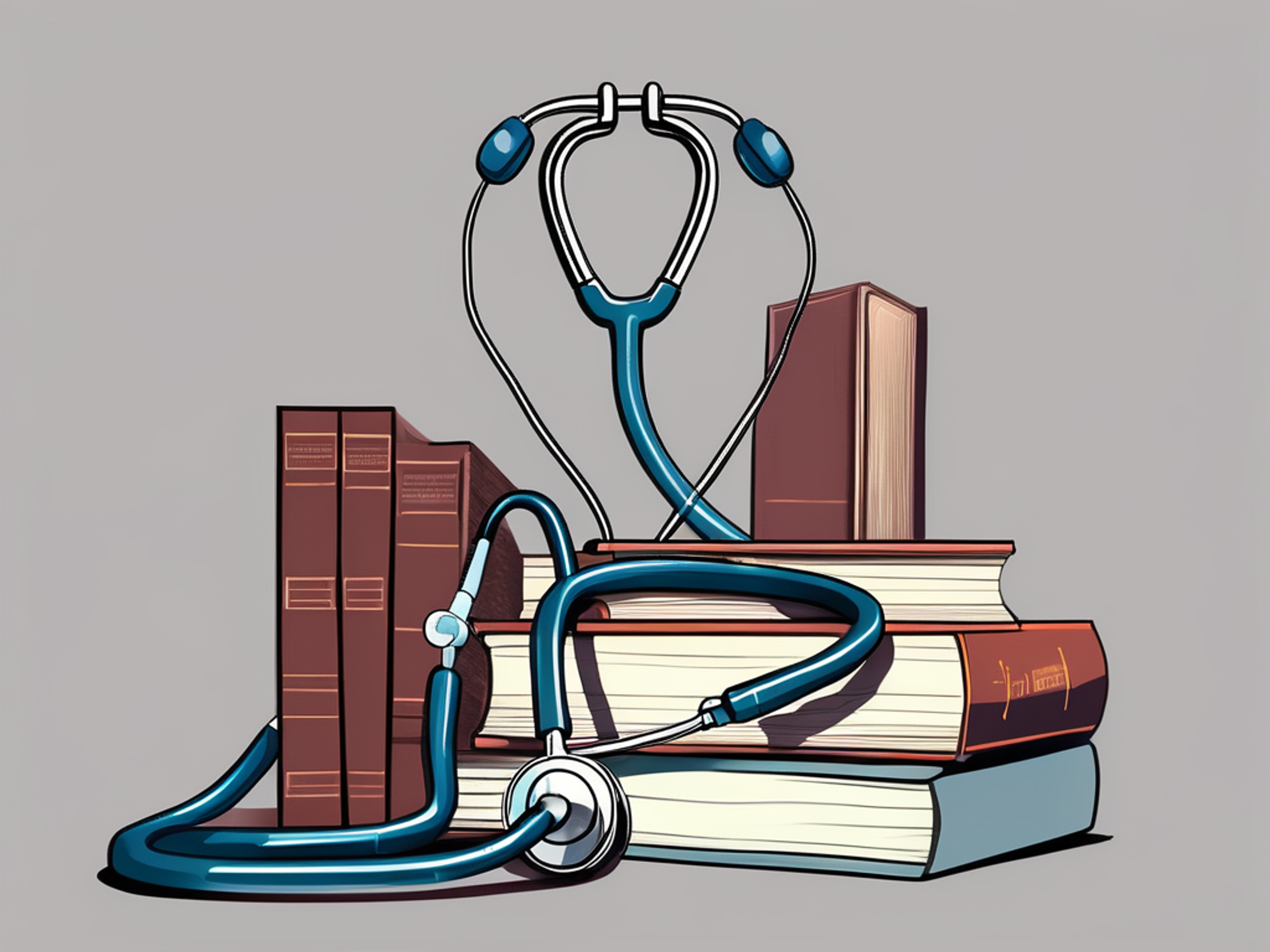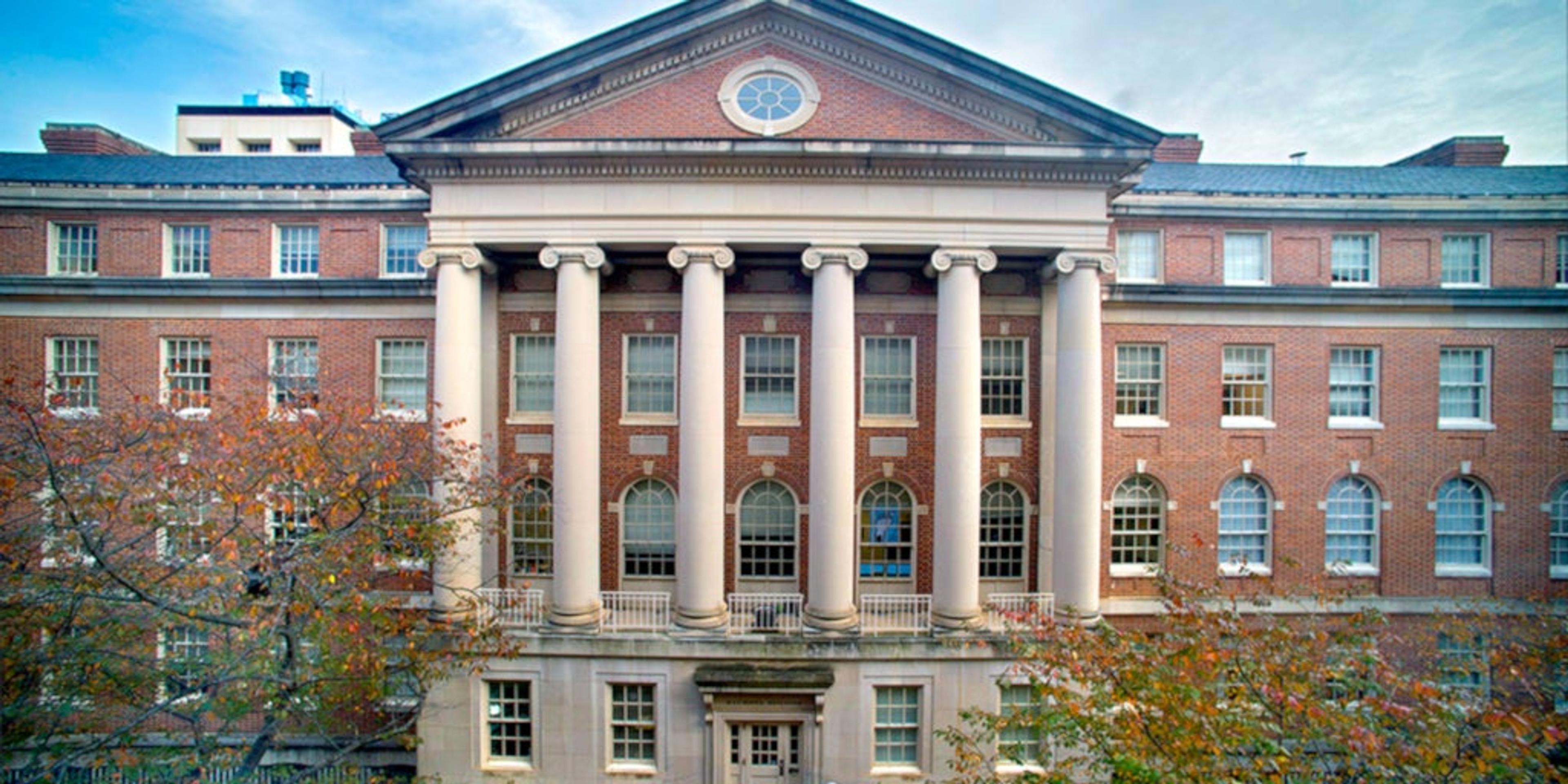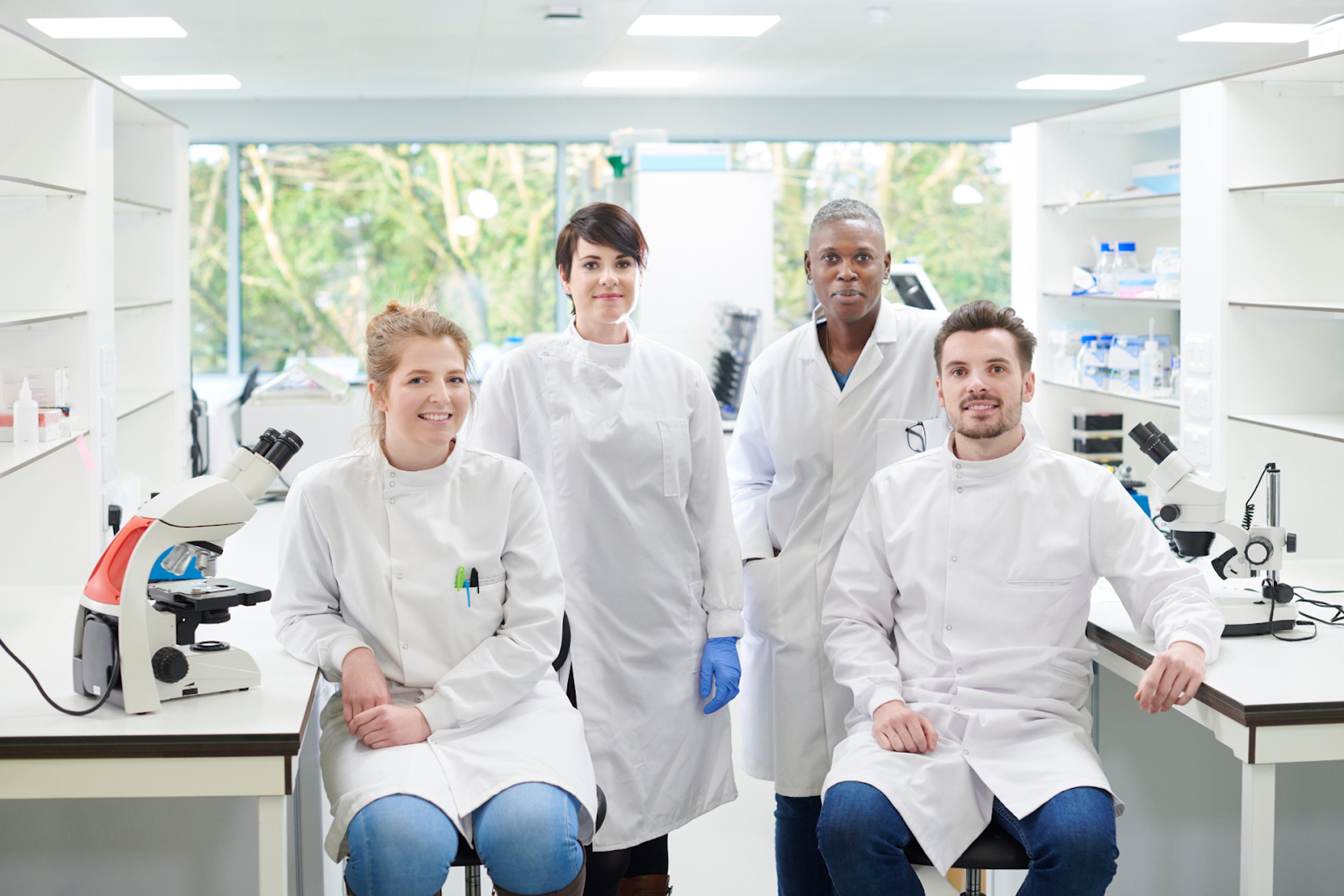Preparing for Medical School: A Comprehensive Guide
Equip yourself with essential knowledge to effectively plan and navigate the path toward medical school. Learn how to master the medical school application, essay strategies, and so much more!
Posted March 6, 2025

Table of Contents
If you have dreams of becoming a physician or healthcare professional, then preparing for medical school is no easy task. However, with the right guidance and preparation, you can put yourself on track for success. In this comprehensive guide, we will cover everything you need to know to prepare for medical school, including planning ahead, understanding the admissions process, acing the MCAT, and financing your education.
The Importance of Planning Ahead for Medical School
Preparing for medical school requires significant planning ahead of time. First, it is important to assess whether a career in medicine is right for you. You should consider the demands of a medical career, including the intense academic rigor and the long hours typical of healthcare professions. Additionally, a career in medicine requires a significant financial investment that should be taken into account.
Once you have decided that a career in medicine is the right path for you, start planning ahead by setting academic goals for yourself. Pre-med students should aim to maintain high GPAs, take challenging science courses, and build a strong foundation in math and science. It is also important to gain clinical experience by volunteering, shadowing physicians, and participating in internships and research projects.
Another important aspect of planning ahead for medical school is preparing for the Medical College Admission Test (MCAT). The MCAT is a standardized test that assesses your knowledge of the natural, social, and behavioral sciences, as well as your critical thinking and problem-solving skills. Preparing for the MCAT requires a significant amount of time and effort, so it is important to start studying well in advance of your test date.
Finally, it is important to consider the different types of medical schools and their requirements when planning ahead for medical school. Some medical schools may require specific coursework or clinical experience, while others may have a preference for certain extracurricular activities or research experience. Researching and understanding the requirements of different medical schools can help you make informed decisions about where to apply and how to tailor your application to each school.
Understanding the Medical School Admissions Process
The medical school application process can be daunting, so it is important to have a strong understanding of what is required. The application typically includes academic transcripts, MCAT scores, letters of recommendation, letters of intent, essays, and a personal statement. It is also important to research each medical school's specific requirements and application deadlines.
It is important to note that the admissions process is extremely competitive, with each applicant evaluated based on academic achievements, clinical experience, and personal qualities such as compassion and leadership. Therefore, it is important to highlight any unique experiences or skills that set you apart from other applicants.
Tips for Crafting a Strong Medical School Application
When crafting your medical school application, it is essential to showcase your unique skills and experiences. Be sure to emphasize any clinical experience or research experience you have participated in. Additionally, having strong recommendations from healthcare professionals or professors can bolster your application.
Another key component of your application is your personal statement. This essay should highlight your passion for medicine and your motivation to pursue a career as a healthcare professional. Be sure to show, rather than tell, any personal experiences that influenced your decision to pursue medicine.
Furthermore, it is important to demonstrate your commitment to the medical field through extracurricular activities. This can include volunteering at a hospital or clinic, participating in medical mission trips, or joining a healthcare-related club on campus. These experiences can showcase your dedication to the field and your willingness to go above and beyond.
Lastly, make sure to thoroughly research the medical schools you are applying to and tailor your application to each school. This can include highlighting specific programs or research opportunities that align with your interests and career goals. Showing that you have done your research and are genuinely interested in attending each school can make a strong impression on admissions committees.
Navigating the MCAT: How to ACE the Exam
The Medical College Admission Test (MCAT) is a standardized exam that measures an applicant's knowledge of science, critical thinking, and problem-solving skills. It is important to prepare thoroughly for the MCAT, as it is a critical component of your medical school application.
Some tips for performing well on the MCAT include taking practice exams, reviewing test material thoroughly, and developing strong test-taking skills including time management and identifying key information. It is also essential to practice self-care and minimize stress leading up to the exam, as your mental and physical health can impact your performance.
Another important aspect of preparing for the MCAT is to create a study schedule that works for you. This may involve setting aside specific times each day or week to study, breaking up study sessions into manageable chunks, and incorporating breaks and rest days to avoid burnout. Additionally, seeking out resources such as study guides, online forums, and tutoring services can be helpful in supplementing your studying and addressing any areas of weakness.
To learn more about how to master the MCAT, head here!
It is also important to keep in mind that the MCAT is just one aspect of your medical school application. While a strong score can certainly improve your chances of acceptance, admissions committees also consider other factors such as your GPA, extracurricular activities, and personal statement. Therefore, it is important to maintain a well-rounded application and not solely focus on the MCAT.
Choosing the Right Medical School Program for You
There are many factors to consider when choosing a medical school program. First, consider the location and environment of each program. Additionally, research the program's curriculum and clinical experiences offered, as well as specialized tracks and opportunities for research.
Other factors to consider include the cost of tuition, the availability of financial aid, and the school's overall reputation and connections in the medical community.
Another important factor to consider is the size of the program. Some students thrive in smaller, more intimate learning environments, while others prefer larger programs with more resources and opportunities. It's important to consider your own learning style and preferences when making this decision.
Additionally, it's important to research the faculty and staff at each program. Look for programs with experienced and knowledgeable professors who are actively involved in the medical community. This can provide valuable networking opportunities and mentorship throughout your medical education and career.
Financing Your Medical Education: Scholarships, Grants, and Loans
As mentioned previously, pursuing a career in medicine is a significant financial investment. However, there are a variety of ways to finance your education, including scholarships, grants, and loans.
It is important to research and apply for as many scholarships and grants as possible, as they do not need to be repaid. Additionally, federal loans can be a viable option for financing your education, but it is important to understand the terms and repayment options before accepting any loans.
Another option for financing your medical education is through private loans. Private loans can be obtained through banks or other financial institutions, but they often have higher interest rates and less favorable repayment terms than federal loans. It is important to carefully consider all options and compare interest rates and repayment terms before choosing a private loan.
Furthermore, some medical schools offer their own scholarships and financial aid packages. It is important to research the financial aid options available at each school you are considering and to apply for any relevant scholarships or grants offered by the school.
Preparing for Medical School Interviews: What to Expect and How to Prepare
Interviews are a critical component of the medical school admissions process. It is important to prepare properly for the interview, including researching the medical school and preparing responses to common interview questions.
During the interview, be sure to communicate your passion for medicine and your readiness to handle the challenges of a healthcare career. Additionally, be yourself and showcase your unique personality and experiences.
It is also important to dress professionally and arrive early to the interview. This shows that you are serious about the opportunity and respect the interviewer's time. Remember to bring a copy of your resume and any other relevant documents, such as transcripts or letters of recommendation.
For a more comprehensive guide to medical school interviews and how to prepare for them, check out this article!
Building a Strong Foundation for Medical School
Essential Courses for Pre-med Students
Building a strong foundation in science and math is essential for future success in a medical career. Pre-med students should take courses in subjects such as biology, chemistry, physics, and calculus. Additionally, courses in the humanities and social sciences can help to develop important critical thinking and communication skills.
Developing Clinical Experience: Volunteering, Shadowing, and Internships
Clinical experience is a critical component of the medical school application process, as well as a crucial aspect of success in a medical career. Pre-med students can gain clinical experience through volunteering, shadowing physicians, and participating in internships and research projects.
Developing clinical experience can help students to gain a better understanding of the healthcare field, as well as develop important communication and critical thinking skills.
Coping with Stress and Burnout: Self-Care Strategies for Medical Students
Medical school can be extremely stressful, and it is important for students to develop self-care strategies to prevent burnout and promote overall health and wellness. Strategies for maintaining mental and physical health include exercise, meditation, healthy eating, and developing strong social support networks.
Maximizing Your Time in Medical School: Study Tips and Time Management Strategies
With the demanding coursework and clinical experiences involved in medical school, it is important to develop effective study habits and time management strategies. These may involve developing a study schedule, finding a study group, and using effective study strategies such as active reading and self-testing.
Exploring Career Opportunities in Medicine: Specialties, Research, and Global Health
There are many possible career paths in medicine, including specialties, research, and global health. Each career path involves unique opportunities and challenges, and it is important to research and explore each option to find the best fit for your skills and interests.
Networking and Building Professional Relationships in the Medical Field
Building relationships and networking with other healthcare professionals is an important aspect of success in a medical career. Building relationships may involve attending professional conferences and events, participating in social networking sites for healthcare professionals, and seeking out mentorship opportunities.
Preparing for Residency: Advice from Current Residents and Physicians
Residency is the next stage in a medical career, and preparing for residency involves developing clinical skills and building relationships in the healthcare field. Seeking advice from current residents and physicians can be an invaluable asset in preparing for residency, including tips on time management, clinical skills development, and maintaining work-life balance.
In conclusion, preparing for medical school requires significant planning and preparation, including understanding the admissions process, acing the MCAT, and financing your education. However, with the right preparation and mindset, you can put yourself on track for success in a fulfilling and rewarding career in medicine.












